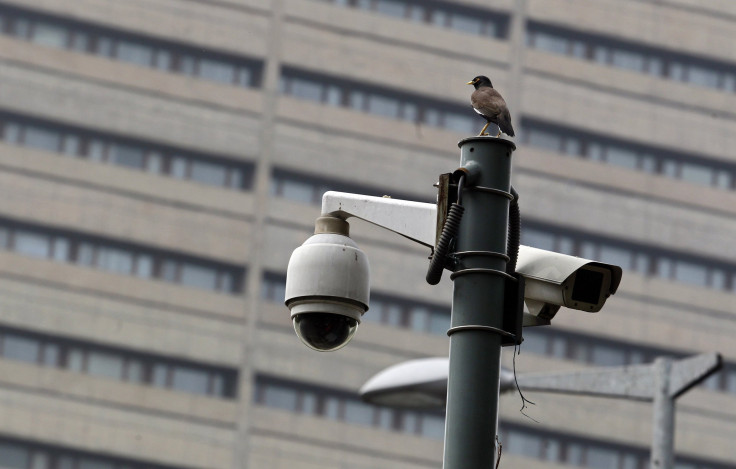Phone Wiretaps Increase As Cost Of Warrants Drops by 25% In 2 Years: Report

State and federal police agencies have increasingly relied on warrant-approved phone surveillance in conducting investigations into a variety of crimes, according to a government transparency report that shows warrant requests have not only increased, but the installation of wiretaps has also become far less expensive for investigators.
A report released last week by the Administrative Office of the United States Courts indicates the number of court-approved wiretaps increased in domestic criminal cases by 5 percent in 2013. Federal investigators requested 3,577 wiretaps last year, convincing a judge to authorize a wiretap in all but one of those cases.
The figures don’t include any information on classified orders from the Foreign Intelligence Surveillance Court, which authorizes FBI and NSA surveillance requests against foreign targets. Instead, they include information on federal and state “applications for orders authorizing or approving the interception of wire, oral or electronic communications.”
It’s explained that 93 percent of the targeted devices were cell phones, with the cost of wiretapping 25 percent less expensive for investigators than it was two years before. Conviction rates from wiretaps have also increased by 56 percent from the 2012 total.
“The expenditures noted reflect the cost of installing intercept devices and monitoring communications for the 2,069 authorizations for which reports included cost data,” the report noted. “The average of intercept devices in 2013 was $41,119, down 18 percent from the average cost in 2012. For federal wiretaps for which expenses were reported in 2013, the average cost was $43,361, a 25 percent decrease from 2012.”
The decreased cost of installation has been cited as a possible reason for a greater reliance on wiretapping. The U.S. Courts Service was unable to provide an explanation on the reduced costs, saying in an e-mail the agency doesn’t conduct any additional interpretation on the data provided by state and federal agencies.
Hanni Fakhoury, a staff attorney at the Electronic Frontier Foundation who focuses largely on surveillance, suggested the price is going down simply because the cost of consumer electronics has reduced in recent years. He also said phone companies have acclimated to the sheer volume of requests and have likely adjusted their hiring practices to facilitate the increasing reliance on phone surveillance.
“The number has consistently gone up, the overall trajectory is upward, and I think that’s a direct indicator of it being a standard way of investigating serious crimes,” Fakhoury told the International Business Times. “The judges are more open to approving these requests, and it becomes a snowball effect. It’s not like they’re using them in terrorism cases; they’re using them for drugs, wire fraud and murder. Those are serious crimes, but they’re not national security crimes.”
Information compiled by the U.S. Courts Service also makes it clear the encryption movement sparked by Edward Snowden’s NSA revelations has slowly started to gain steam. Authorities said that in the process of installing wiretaps, they came across encryption technology 41 times, 15 times more than the year before, but were generally able to subvert the protection code.
“In nine of these wiretaps, officials were unable to decipher the plain text of the messages,” the authors noted. “Encryption was also reported for 52 state wiretaps that were conducted during previous years, but reported to the AO for the first time since 2013. Officials were able to decipher the plain text of the communications in all 52 intercepts.”
Fakhoury said while the use of encryption is “very miniscule” among the general population, federal investigators have argued the problem is so severe that Internet Service Providers should be forced to include backdoor surveillance methods on all products slated for wide release.
“It’s getting easier to see the effect that surveillance has had,” he said. “The government has trumped up this fear to try to justify requiring ISPs to be required to configure their systems to give the government wiretaps. Most people feel like, 'My phone is secure and I don’t have to worry about it,' but as we’ve seen, that really isn’t true.”
© Copyright IBTimes 2024. All rights reserved.











